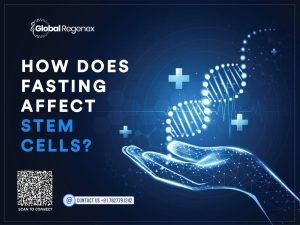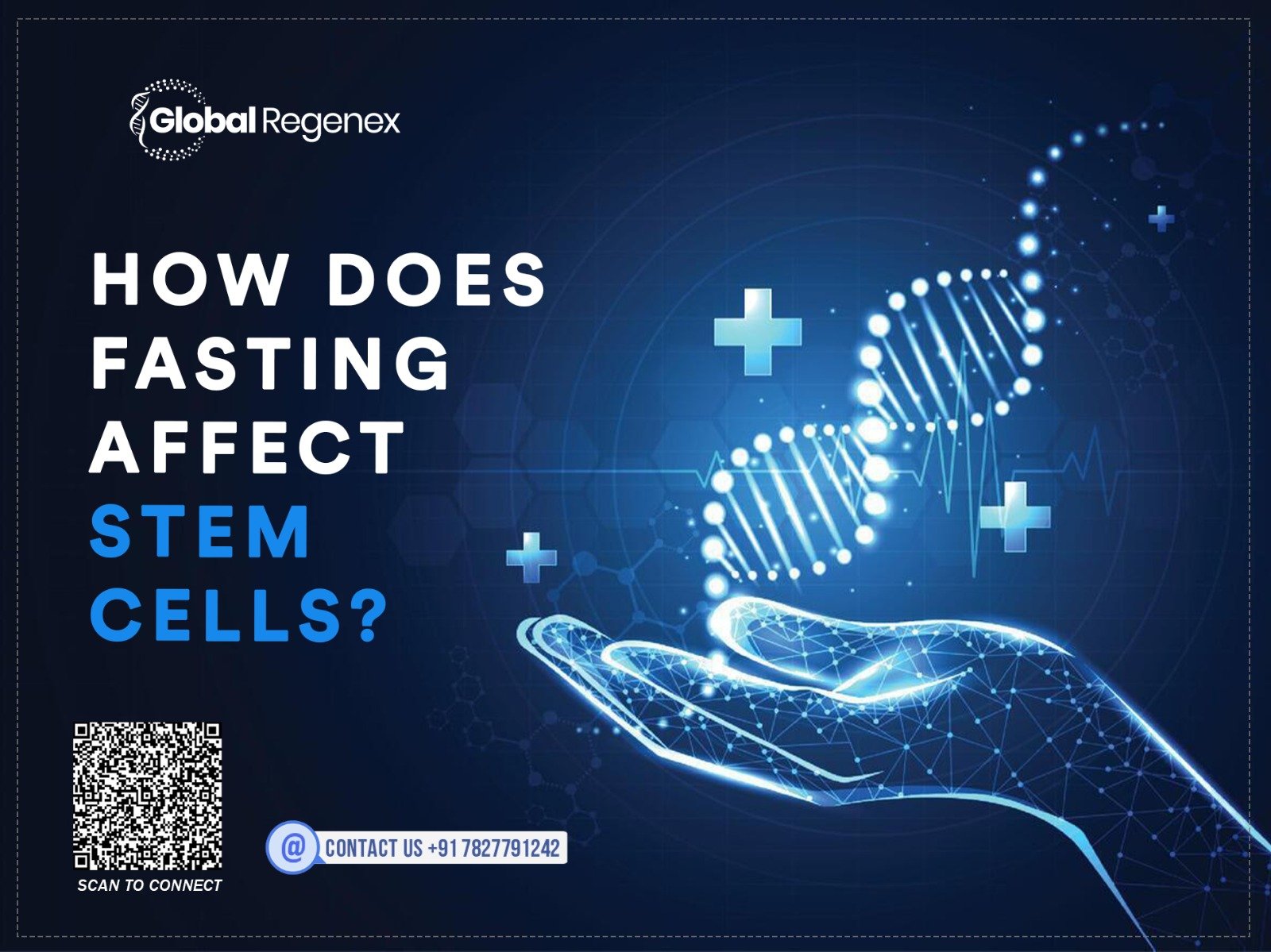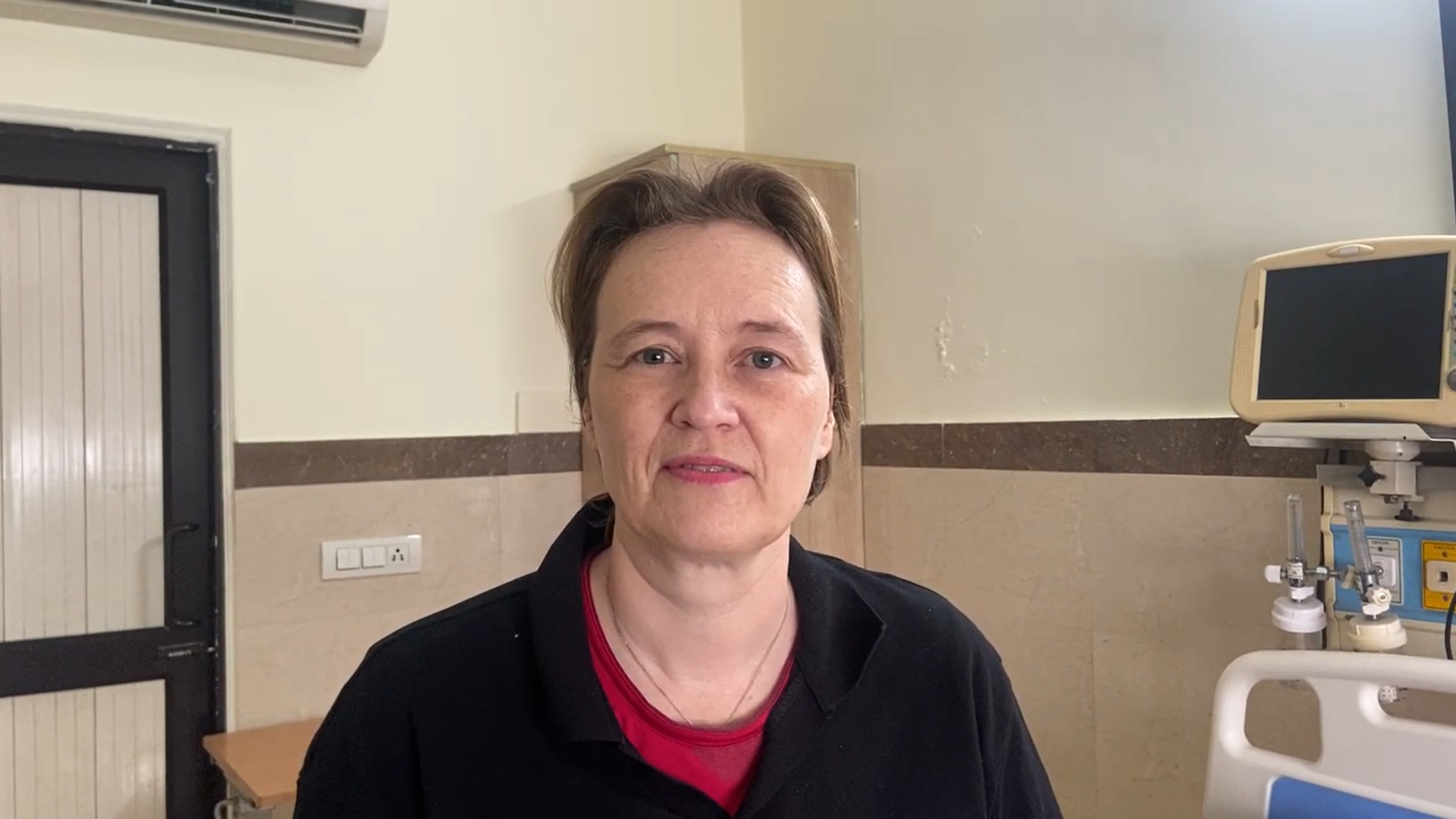
Fasting has been gaining popularity in diet circles recently for its potential health benefits, such as improved metabolic health and weight loss. But out of all research areas, it is probably most interesting how fasting impacts stem cells—the body’s building blocks for regeneration and repair. Because these cells are so important to the maintenance and repair of tissues, their central theme emerges as stem cell therapy dealing with aging, chronic diseases, and wounds. So, let us delve into this relationship between stem cells and fasting and how this may alter health and well-being.
What Are Stem Cells?
Stem cells are those cells that build life and distinguish easily from all other body cells due to self-renewal features and also due to their ability to differentiate into virtually all types of differentiated cells, starting from muscle and nerve to blood cells. There are two main types:
Adult stem cells: These are found in specific tissues, and they assist in the maintenance and repair of those tissues.
Induced Pluripotent Stem Cells (iPSCs): Genetic reprogramming makes these adult cells look like embryonic stem cells. They, like embryonic stem cells, can become any type of cell because they are pluripotent.
Fasting essentially changes the function of adult stem cells located in the brain, gut, and bone marrow to proliferate and function.
The Science Behind Fasting and Stem Cells
Studies on the relationship between stem cells and fasting hold much promise in terms of delivering longevity and improving health benefits. The key conclusions drawn from this are summarized below:
The Effect of Fasting on Stem Cells
Metabolic Switch: When one is fasting, the body starts acting on body fat as the primary source of energy rather than glucose. This metabolic switch improves the function of stem cells and encourages cellular repair processes.
mTOR Pathway: The mTOR pathway is relatively less active during fasting. This makes it easier for the maintenance of stem cells. The hematopoietic stem cells that are very pivotal in blood cell regeneration have relatively high capacities of regeneration when mTOR signaling is lowered by fasting.
Induction of Autophagy: The process of cell elimination of damaged parts to allow for healthier cells is induced by fasting. This helps in maintaining a healthy population of stem cells.
Ketone Bodies: Blood contains more ketone bodies in the fasting state, which are an alternative energy source and facilitate the growth and differentiation of stem cells.
Benefits of Fasting on Stem Cells
Regeneration: Fasting increases the regeneration capacity of stem cells, thereby helping tissues recover from inflammation or damage. For example, it has been shown that fasting increases the regeneration capacity of intestinal stem cells.
Healthspans: Low-calorie diets and intermittent fasting have been linked to longer lifespans in many organisms and the later onset of age-related diseases.
Personalized medicine: Fasting may be an effective therapeutic strategy in age-related disorders to promote tissue homeostasis and regeneration.
Are You a Good Fit for Fasting?
Although there are numerous benefits to fasting, no one person is the same. Some health conditions, certain medications, or being pregnant do not allow a person to fast for extended periods. First and foremost, any form of fasting regimen should first be consulted with a healthcare professional.
Final Verdict
Stem cell repair and regeneration will be enhanced when fasting is applied together with the current stem cell therapy, making it a wonderful treatment for healing and rejuvenation. It contributes to gut health, cognitive improvement, and the well-being of the immune system. Consult Global Regenex for personalized stem cell therapy. They have state-of-the-art treatments and care tailored to the needs of individuals to fully apply the use of stem cells toward a healthier, more energetic life. Begin transforming now!





















